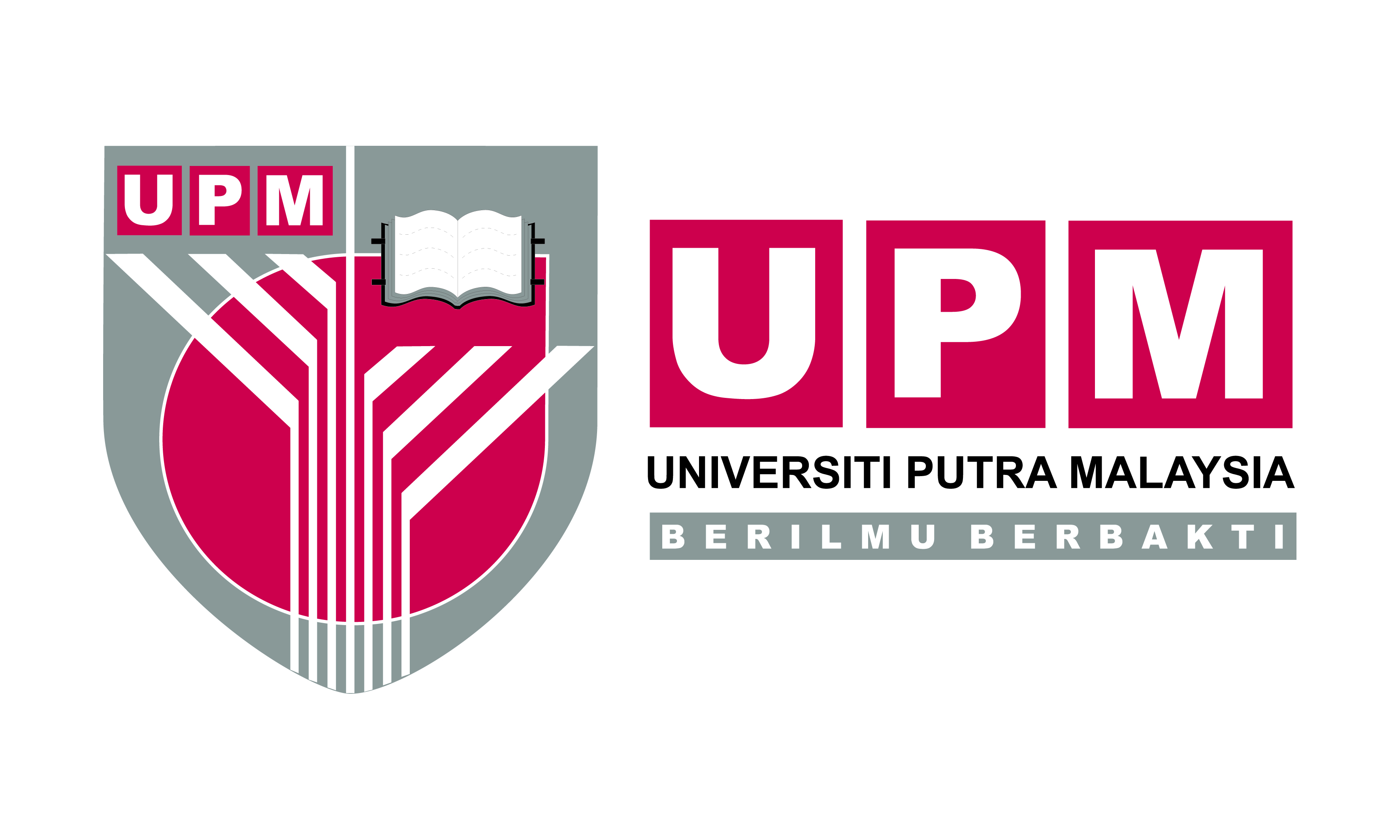
By: Ameesya Aghniya Ab Rahim
Photos by: Saleha Haron
SERDANG, 8 October – Universiti Putra Malaysia (UPM) has officially launched the Putra Academia Month 2025, an annual celebration that recognises the roles, contributions and achievements of its academic community in advancing the pursuit and stature of knowledge.
With the theme “Dynamic Academia Driving Sustainable Innovation”, the programme reflects UPM’s aspiration to continually cultivate a competitive academia, inspire society through knowledge, and champion sustainable development through education, research and innovation.
UPM Vice-Chancellor, Dato’ Prof. Ir. Dr. Ahmad Farhan Mohd Sadullah, emphasised that the role of academia is both strategic and enduring.
“As members of academia, we inherit a profound responsibility to ensure that the university continues to enlighten society, act as a bastion of values in defending truth, and serve as an intellectual platform shaping the future of the nation and the world,” he said.
He further highlighted that universities are not meant to be mere repositories of knowledge but must serve as laboratories for society — testing new ideas, renewing knowledge, and instilling values.
“The university plays a crucial role in adapting its curriculum to new technologies in this era of the Industrial Revolution,” he added during his address at the Dewan Taklimat Serdang of UPM.
Meanwhile, Assoc. Prof. Ts. Dr. Wan Zuhainis Saad, Director of the Centre for Academic Development and Leadership Excellence (CADe-Lead), noted that Putra Academia Month provides a platform to celebrate the dedication and excellence of academic staff across various fields, including teaching, research, publications, and community engagement.
“This initiative goes beyond celebrating achievements. It also creates opportunities for academia to share knowledge, build collaborative networks, and strengthen a culture of innovation among lecturers and researchers,” she said.






